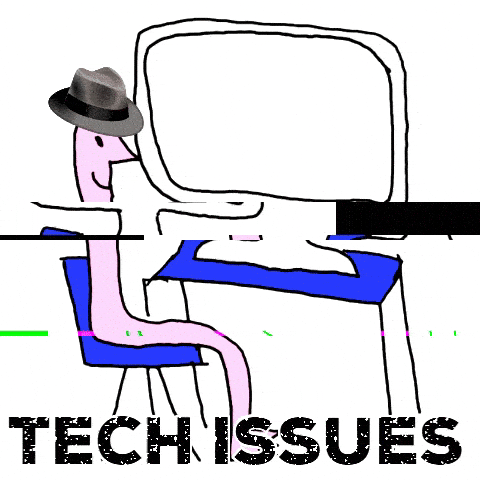- The AI Bulletin
- Posts
- AI Governance - What Leaders Must Know Now!
AI Governance - What Leaders Must Know Now!
Top Regulatory Updates
This Week’s RegAI Update
Colorado’s AI Act & Obligations
EU Act - Part 8 Explained
📖 GOVERNANCE
TERMS OF SERVICE (ToS) AND AI GOVERNANCE

The Briefing
As AI becomes more ubiquitous, the way entities govern its use and policies has become a flashpoint for some consumers and regulators. The IAPP Privacy. Security. Risk. 2024, a group of AI practitioners explained why terms of service can be ground zero for good AI governance practices.
Takeaway!!
✔️Why terms of service should be on your AI governance radar
✔️Challenges in trying to ensure products are used correctly
✔️Concerns include consumer privacy and regulatory scrutiny
💁 How Could This Help Me?
As companies integrate AI, tensions arise around governance, especially with changes to terms-of-service (TOS) policies enabling user data collection for AI training. Concerns include consumer privacy and regulatory scrutiny. Clear communication, transparency, and AI-specific guardrails can help mitigate backlash and ensure ethical, legal AI use and data protection.
📖 GOVERNANCE
COLORADO’S PARTNERSHIP FOR AI GOVERNANCE

‘ I
The Briefing
The Colorado AI Act sets a regulatory framework for AI governance, distinguishing between developers and deployers of AI systems. It requires both parties to manage risks like algorithmic discrimination, with deployers conducting impact assessments and aligning with standards like the NIST AI Risk Management Framework, promoting shared responsibility and consumer protection.
Takeaway!!
Roles and Responsibilities: Effective AI governance relies on clearly defining roles between developers and deployers to manage risks like discrimination.
Colorado AI Act: This law requires businesses making high-stakes decisions with AI (e.g., in hiring or lending) to mitigate algorithmic risks, making it a template for AI regulation.
Partnership Model: Colorado's law emphasizes a shared responsibility between developers (creating AI tools) and deployers (using them) to ensure fair, risk-managed AI practices.
💁 How Could This Help Me?
Companies must now navigate stricter regulations under the Colorado AI Act, which mandates that both AI developers and deployers implement risk mitigation strategies against algorithmic discrimination. This includes conducting impact assessments and aligning with standards like the NIST AI Risk Management Framework, leading to increased compliance efforts and potential operational changes.


Reply